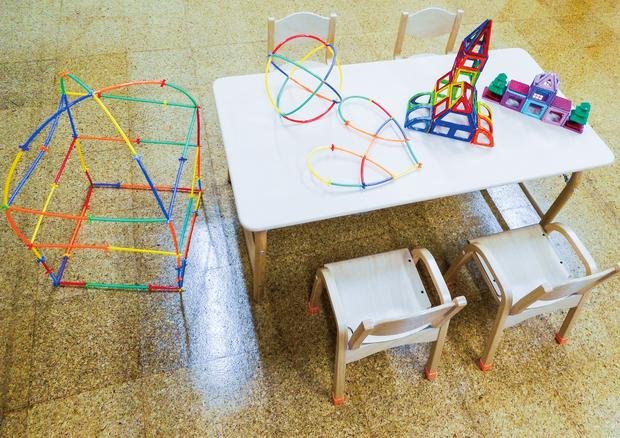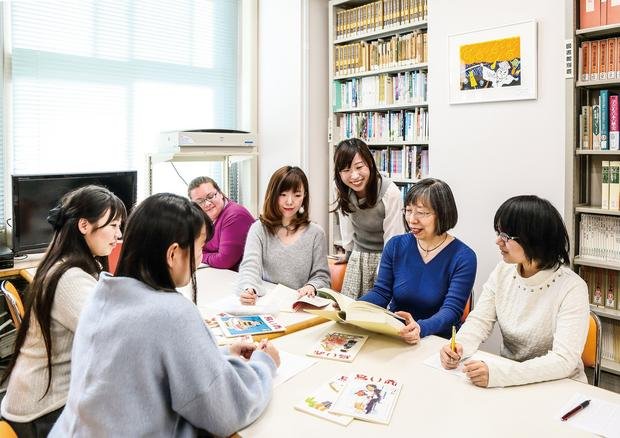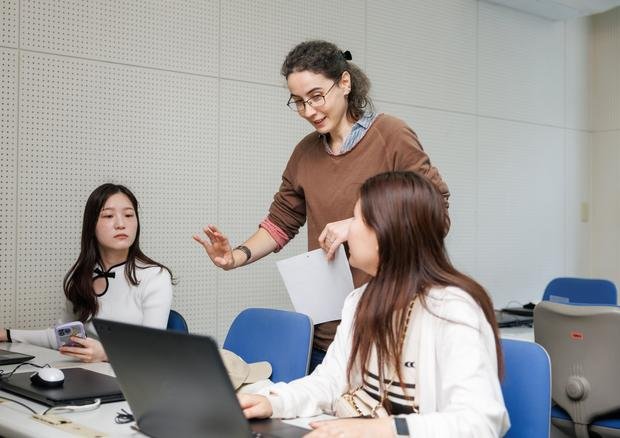Students engage in practical research from the perspective of lifespan development and clinical developmental psychology. Certified Public Psychologist curriculum.
Department Characteristics
- The program is designed to help students acquire certifications as a Certified Public Psychologist, Certified Clinical Psychologist, and Clinical Developmental Psychologist, with many graduates active in clinical fields such as child consultation centers, hospitals, foster homes, education consultation centers, and childcare support.
- The department is home to two related research facilities, which have made considerable achievements in case studies, therapeutic education, and parental consultation/guidance for parents, particularly with regards to learning disabilities, emotional disorders, social development, and other aspects of children’s clinical development.
- In addition to training clinical psychologists, the department has long been engaged in fundamental developmental research from the perspective of lifespan developmental psychology, and has established a solid position in the world of developmental psychology research and practice.






